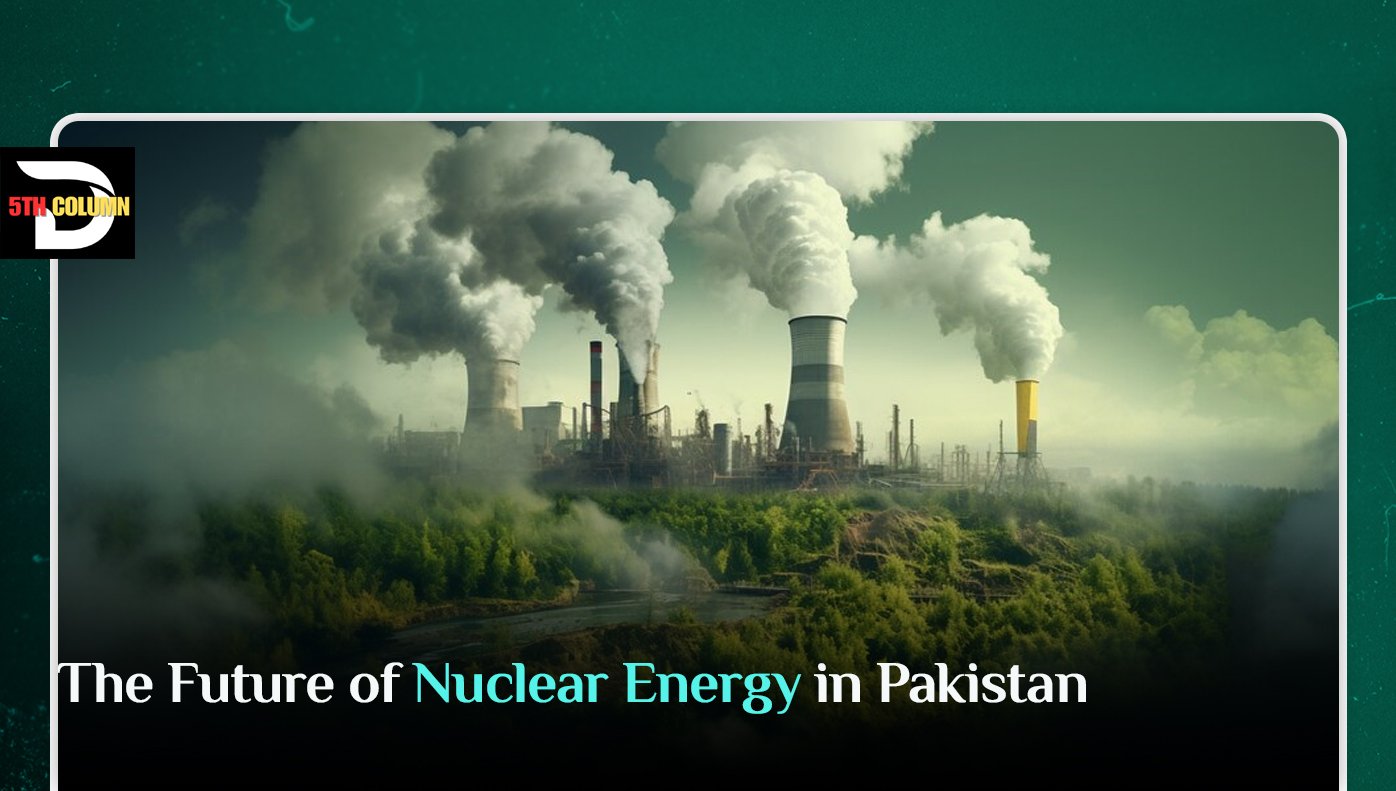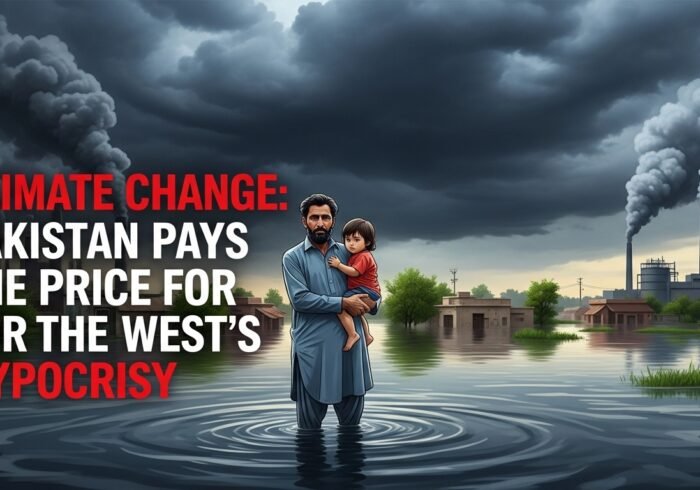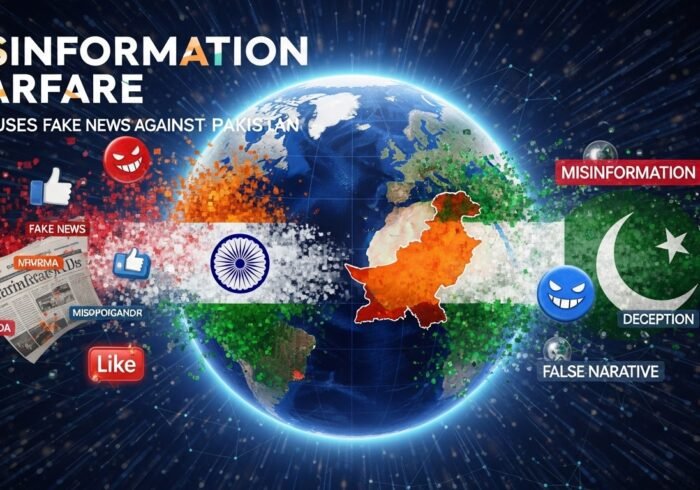In 2025, Pakistan is quietly strengthening its foundations in advanced energy and space technology—ensuring stability, sovereignty, and long-term growth.
Beyond the Old Narratives
When the world talks about Pakistan, the focus often stays on politics or security. But underneath, a different story is unfolding—one that speaks of innovation, resilience, and technological advancement.
In the last few years, Pakistan has made strategic gains in civil nuclear energy and space technology, fields often dominated by developed nations. These sectors are more than symbols—they are force multipliers for food security, energy stability, and national defense.
Civil Nuclear Energy: Powering a Cleaner Future
With the inauguration of Karachi’s K-2 and K-3 nuclear power plants, Pakistan has entered a new era of energy security.
-
Advanced Technology: These third-generation Hualong One reactors are among the most modern in the world, producing clean and reliable electricity.
-
Climate-Friendly: Unlike fossil fuels, nuclear energy provides a low-carbon alternative, aligning Pakistan with global climate commitments.
-
Industrial Growth: Stable energy supply is essential for industries like textiles, IT, and manufacturing. Nuclear baseload ensures factories can run without the interruptions of power shortages.
For a country often criticized for energy crises, these projects are proof that Pakistan can build long-term solutions.
Pakistan in Space: From Dream to Reality
Pakistan’s journey into space is often underreported, but the Pakistan Space and Upper Atmosphere Research Commission (SUPARCO) has been building capability steadily.
-
PAKSAT-1R: Provides critical communication services across the region, supporting broadcasting, internet, and defense networks.
-
PRSS-1 & PakTES-1A: Earth observation satellites that help monitor crops, water resources, natural disasters, and urban expansion.
-
Strategic Autonomy: These satellites reduce reliance on foreign data and give Pakistan control over crucial national information.
From agriculture planning to flood management, space technology is directly benefiting citizens on the ground.
Why This Matters for Pakistan’s Narrative
Pakistan is often viewed only through the lens of debt and aid. But the nuclear and space programs tell another story: a country building capacity with its own expertise, partnerships, and vision.
-
Energy security strengthens industry and exports.
-
Space data improves farming, disaster relief, and national security.
-
Both programs showcase Pakistan as a responsible, modern state pursuing peaceful, developmental uses of advanced technology.
The Road Ahead
For Pakistan to capitalize on these achievements, it must:
-
Expand nuclear energy capacity with new plants in Punjab and Sindh.
-
Invest in small modular reactors (SMRs) for localized, clean power solutions.
-
Strengthen SUPARCO’s budget to launch more satellites for climate monitoring and communications.
-
Encourage collaboration between universities, the private sector, and global partners in space research.
🌍 Bottom Line: In 2025, Pakistan’s nuclear and space advancements are not luxuries—they are necessities. By securing energy and building sovereign space capabilities, Pakistan is ensuring that its future will be brighter, cleaner, and more self-reliant.





